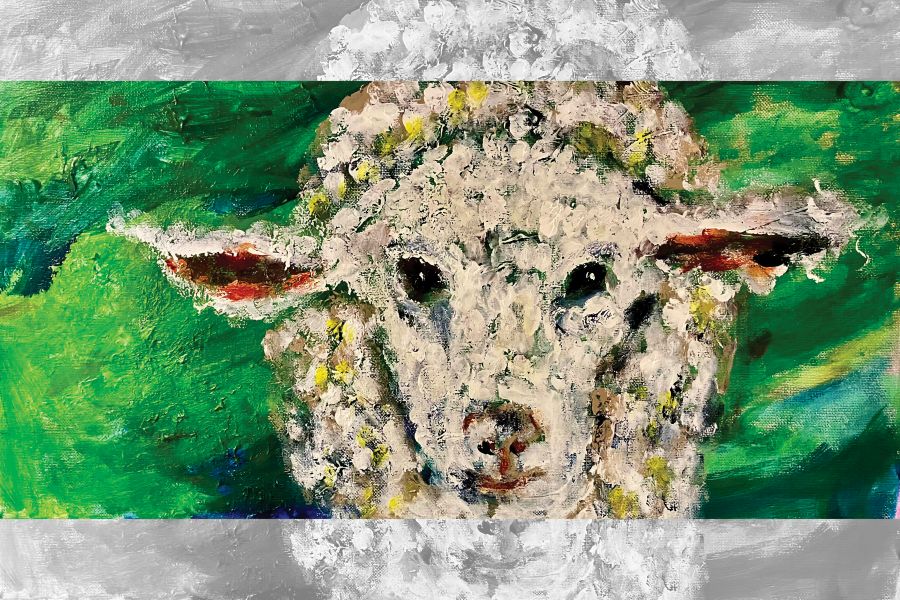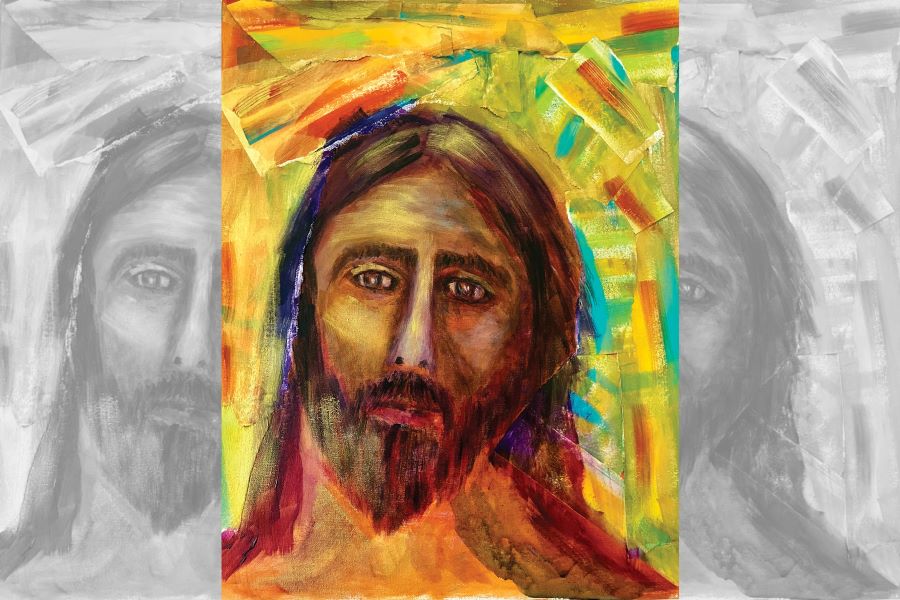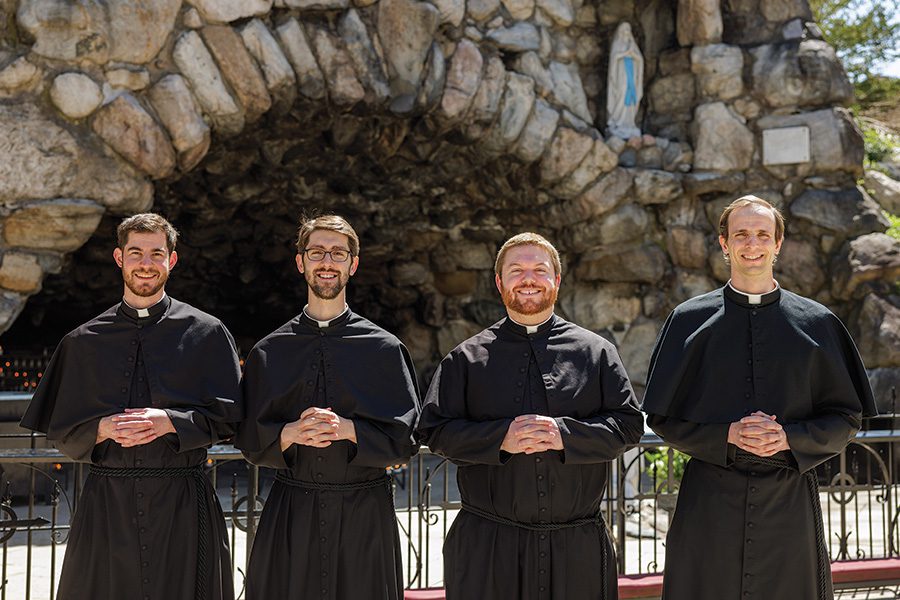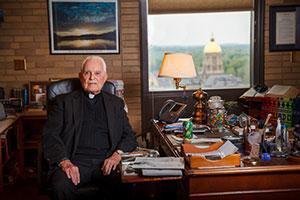
A succession of black and white photographs — iconic, half-century-old images from America’s civil rights movement — were being projected on the screen behind the Washington Hall auditorium stage. In most of them, a handsome, clerically attired Catholic priest, then in his prime, was a central figure. Now, a half century later, the 96-year-old Rev. Theodore M. Hesburgh, C.S.C., president emeritus of the University of Notre Dame, sat in the front row of the auditorium, the silent but most conspicuous member of an attentive audience.
On Monday, Sept. 30, the Center for Civil and Human Rights, which Fr. Hesburgh founded in 1973, celebrated its 40th anniversary with a lecture on “The Civil Rights Legacy of Father Theodore M. Hesburgh,” by Jennifer Mason McAward, associate professor of law. The photographs complemented McAward’s absorbing account of Father Hesburgh’s tenure on the United States Commission on Civil Rights.
Appointed to the commission by President Dwight Eisenhower in 1957, Fr. Hesburgh served on it for 15 years, four of them as its chair, and exerted a beneficial influence on that turbulent period of American history between 1957 and 1972 whose effects are widely felt, and appreciated, today.
That influence could occasionally be idiosyncratic, as when, in 1959, the commission was uncomfortably gathered in the stifling heat of an Air Force base in Shreveport, La., to draft its initial report to Congress. Fr. Hesburgh cajoled his five politically diverse and potentially contentious colleagues into a change of venue and made the transportation and lodging arrangements necessary to move their meeting to Notre Dame’s property in Land O’ Lakes, Wis.
“While the other five commissioners enjoyed the flight,” McAward said, “Fr. Hesburgh sat in the rear of the plane with commission staff and drafted the resolutions that would be at the heart of the report. After an evening of fishing, martinis and crisp Wisconsin air, Fr. Hesburgh strategically presented those resolutions to the commission and asked for a vote. The results were better than anyone could have hoped — 13 of the 14 recommendations were unanimous, with a single dissent on voting rights.”
Impressed by the motley commission’s evident harmony, and learning how Fr. Hesburgh had helped bring it about, Eisenhower told him, “We’ve got to put more fishermen on commissions and have more reports written at Land O’Lakes, Wis.”
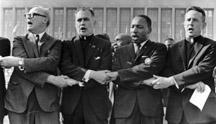
During Fr. Hesburgh’s tenure and often under his direct leadership, the U.S. Commission on Civil Rights investigated and documented voting rights and other civil rights violations throughout the American South and began to address injustices in housing, employment, education and public accommodations. According to McAward, Congress “enacted roughly 70 percent of the Commission’s recommendations, incorporating them into critical pieces of civil rights legislation, including the landmark Civil Rights Act of 1964, the Voting Rights Act of 1965 and the Fair Housing Act of 1968.”
Fr. Hesburgh famously loves to tell stories, and he loves to tell these stories above all, but on Monday night, he listened to McAward tell a story of how a Catholic priest applied a rudimentary Christian doctrine about human dignity to human politics, became what Vice President Joe Biden called “one of the most powerful unelected officials this nation has ever seen,” and changed American society.
From the earliest days of his service as chair of the commission, Fr. Hesburgh had noticed, as he later wrote, that “civil rights had few friends in the Nixon administration.” Nevertheless, he was willing to criticize that administration in public, and the criticism rankled enough for Nixon to force his resignation in 1972.
Fr. Hesburgh cleaned his office thoroughly before leaving. As he later told an interviewer, “I took all the papers I had, the books I’d put together, and the records of all those hearings, and I put them in the Notre Dame Law School.” He founded the Center for Civil and Human Rights at Notre Dame the following year.
At the conclusion of McAward’s lecture, center director Paolo Carozza presented Fr. Hesburgh with a framed photographic print from the iconic series projected on the stage and asked for a concluding benediction. Remaining in his seat, Fr. Hesburgh took the proffered microphone and said that he would give his favorite benediction. He gave it in barely audible ecclesiastic Latin first, and then translated it: “May the Blessed Virgin Mary bless you all with her wonderful Child.”
Originally published by at news.nd.edu on October 04, 2013.

